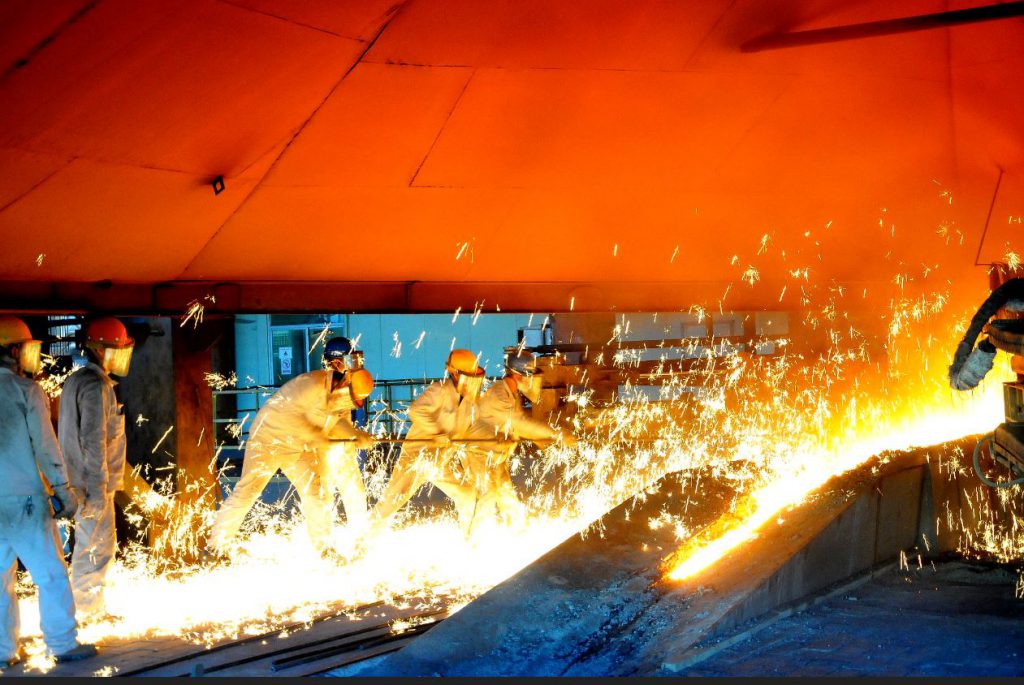Indonesia sees nickel price holding near current levels on new plants

Indonesia’s government sees nickel prices stabilizing near current levels in the future, as new plants in the world’s biggest producer offset rising demand and keep the market well supplied.
Prices on the London Metal Exchange should hold around $15,000 to $16,000 a ton in the short to medium term, Septian Hario Seto, a deputy at the Coordinating Ministry for Maritime Affairs and Investment, said in a presentation in Bali on Thursday. An additional 928,000 tons a year of capacity is set to come online within the next three years, most of which will produce nickel for electric vehicles.
“I’m not really worried if the world needs an increase of nickel supply,” Seto said at the Fastmarkets International Critical Minerals and Metals Summit. “With this capacity expansion alone, it will be enough.”
Indonesia’s production has surged to more than half of global output in recent years, causing prices to plunge and forcing producers elsewhere to shut down. That’s despite growing demand for the metal from the electric vehicle sector, which uses it in high-performance batteries.
Still, the Southeast Asian country could face problems with its ore supply in the near future due to the breakneck pace of its mining expansion, which has led to a decline in its nickel content. The government will convene the industry to discuss concerns around the supply of limonite, Seto said, a form of ore that is typically processed by high-pressure acid leaching plants into battery grade nickel.
The government is also considering tweaks to its policy of providing tax holidays to nickel projects, which has been a major incentive for foreign companies to build plants in the country, as Indonesia prepares to implement the global minimum corporate tax rate of 15%, Seto said. One option would be to extend existing tax holidays but at an increased rate, he added.
“We haven’t decided what the alternative policies are,” Seto said. “We will invite the industry to give input on this policy.”
(By Eddie Spence)
{{ commodity.name }}
{{ post.title }}
{{ post.date }}




Comments